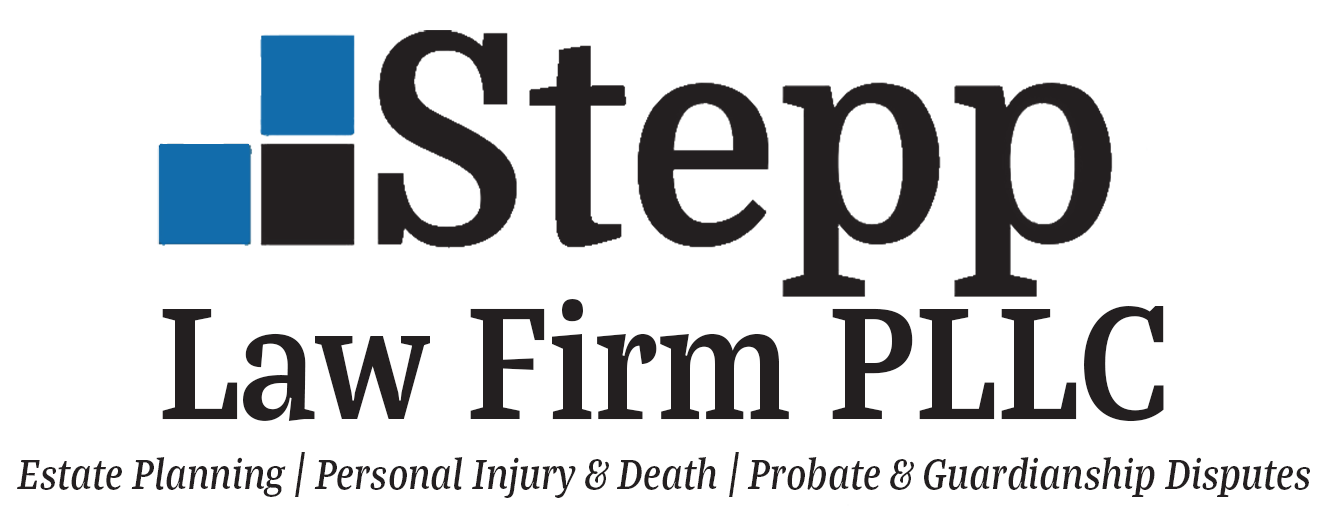
When you are a passenger who has difficulty getting around the airport, or are disabled, or are a wheelchair-bound passenger, you may need help in getting from one gate to another, through security, or elsewhere in the airport. It’s not uncommon to need extra care when you are getting on or off a plane. It sometimes happens that an airport employee who is supposed to take care of you doesn’t, either because they are not paying attention, simply do not care, or maybe they are in a rush and as a result, don’t transport you safely.
That’s when you find yourself the victim of an airport injury. These types of accidents cause injuries throughout airports in the United States more times than you think. 62% of people who used special help services at airports found it to be poorly executed.
There are airline policies in place meant to protect wheelchair-bound, disabled and other passengers who need assistance.
Airline Policies for the Disabled
The Air Carrier Access Act (ACAA) is a law that makes it illegal for airlines to discriminate against passengers who are disabled. The ACCA applies to all flights to and from or within the United States. Under the ACAA, airlines are required to provide disabled passengers help.
The help that airlines are obligated to provide disabled passengers includes, but is not limited to:
- Wheelchairs or guided help to the board, deplane, or connect
- Seating accommodations on the plane that meets the disabled needs
- Help in stowing and loading any assistive devices
This help is not always offered to disabled passengers. What’s more, sometimes when the support is provided, it is so poorly delivered, an avoidable accident or injury occurs.
There are so many injuries that many legal firms are starting to help the disabled fight for their rights for care and dignity while traveling.
Disabled Wheelchair and Cart Accidents in 30 Days
It may be shocking to know between December 4, 2018, and December 31, 2018, less than 30 days, there were 701 wheelchair or scooter cart accidents in just a few airports. These cart and wheelchair accidents happened in the 12 largest airports.
Airports are usually owned by a governmental entity. As a result, a claim involving an airport injury usually involves a complicated web of people, places, and things. Specialized attorneys have to work around complicated airport relationships. This complex web of relationships is dealt with in every legal suit.
First Phase in Airport Accountability
One phase in airport accountability is the ACCA that is part of the Department of Transportation. This act is the first phase of legal adjudication needed for your compensation. The ACCA is also one of the tools attorneys have to work with when holding the airport and airline responsible for causing your injury.
Profit Before Protection
Airlines often put profit before protection. Every airline faces pressure to make more money. Sometimes that means they hire contractors who haven’t been trained on how to assist disabled passengers.
Some of these contractors are paid low wages or have high turnover rates. The poor wages and high turnover means the contractors provide poor services.
If you are injured as a result, it’s essential to know any legal claim must be made as soon as possible after the airport injury occurred.
The individual help disabled travelers receive keeps them fearful they will be the next one injured in an airport. They either know of incidents or have been a part of an injury at an airport due to the careless help given.
Wheelchair-Bound Injuries
Disabled people make up almost 20% of the US population. It is disheartening to know the disabled population suffers the most injuries and accidents in airports. At airports, wheelchair injuries occur when the disabled are improperly lifted and moved.
There are other cases where airport wheelchair attendants don’t know how the wheelchair brakes or seat belts work. Attendants’ insufficient knowledge results in disabled passengers being injured. Disabled passengers can e injured by sliding or falling out of their wheelchairs.
There are also times when the disabled passenger doesn’t receive mobility help when they travel. Sometimes, not receiving support leaves the disabled traveler stranded. Some disabled passengers have been stranded so long their travel plans are disrupted.
It doesn’t have to be this way. Airports and Airlines are supposed to follow the rules and regulations of the ACCA when dealing with the transportation needs of the disabled. These rules were put in place to help prevent disabled passengers in wheelchairs from having these accidents.
Airline Errors or Contractor Negligence
The only thing the disabled person needs to do to receive help in getting around the airport is to simply tell the airline’s staff that they need help, or a cart, or a wheelchair. Once the passenger does so, the Airline has an obligation to provide safe assistance.
Airlines ignore the regulations by performing this help for their passengers in a rushed and careless manner. The accidents causing injuries to the passengers shouldn’t be happening at all. There are failures at almost every level in airports today in the transportation needs of passengers and for the disabled.
Preserving your rights allows you to assert your claim. Specialized legal firms are there for any passenger who has suffered from an airport injury. Passengers should never have to suffer indignity, accidents, or anguish in an airport.
Passengers Airport Injury
Passengers injured in airports need a legal firm with experience with the ACCA. Wheelchair-bound passengers need attorneys with experience dealing with specialized locations.
There is a complicated link between airlines and contractors. These complicated relationships make legal cases complex. But, passengers who suffered injuries deserve compensation. Reach out to us when you are ready to hold those who injured you accountable.











